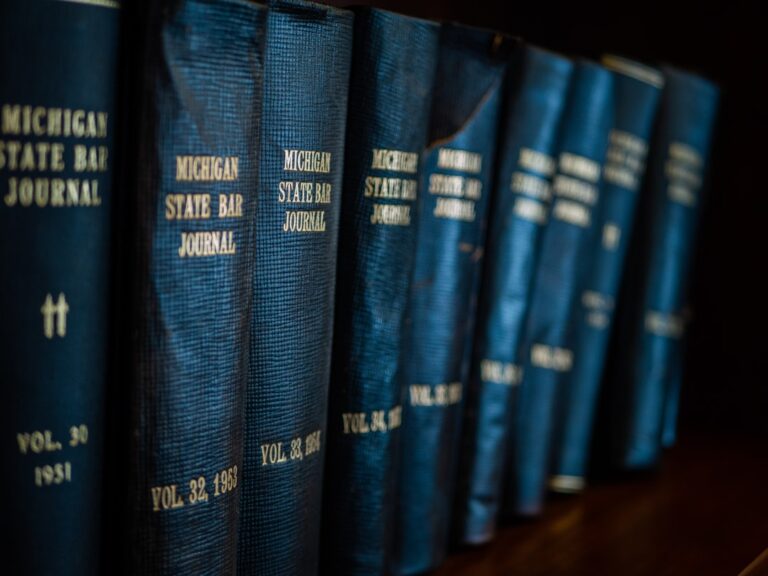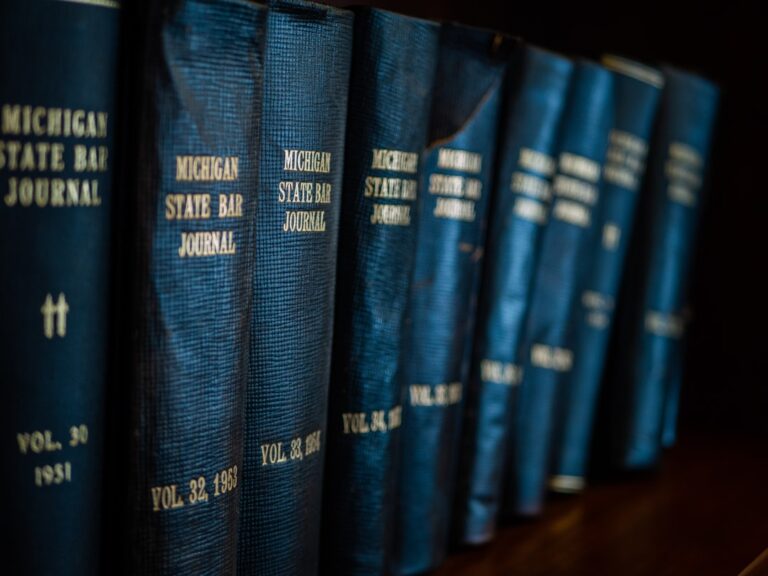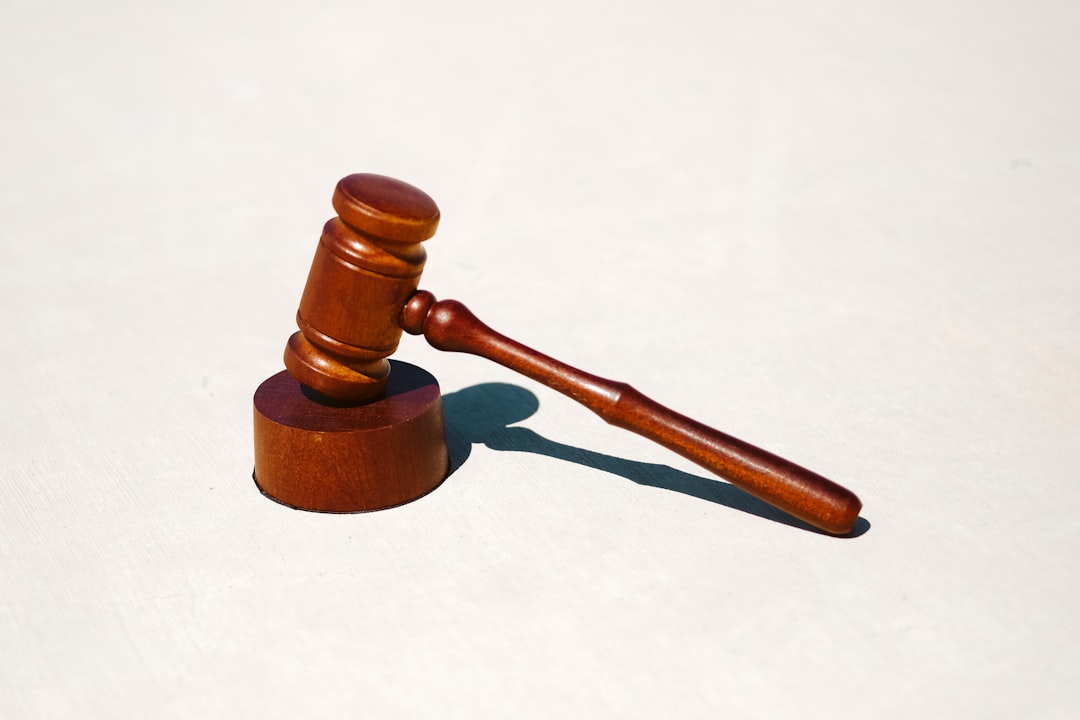AI is revolutionizing student safety in Illinois by detecting online grooming and exploitation through advanced algorithms and natural language processing. School abuse attorneys leverage AI to monitor communications, identifying subtle cues of abusive relationships and preventing serious forms of school-related abuse. With robust legal frameworks and support services, these attorneys protect students' rights, hold perpetrators accountable, and provide tailored guidance for victims.
In today’s digital age, artificial intelligence (AI) is transforming various sectors, including education. This article explores how AI can be a powerful tool in detecting grooming within Burbank school communications, addressing a critical issue that demands attention. We delve into the capabilities of AI to identify suspicious patterns, while also examining legal aspects and support systems for victims of school abuse in Illinois. Understanding these elements is crucial for fostering safer learning environments.
Understanding AI's Role in Protecting Students

Artificial Intelligence (AI) is playing a pivotal role in safeguarding students from online grooming and exploitation, a growing concern in today’s digital landscape. By leveraging advanced algorithms and natural language processing, AI tools can analyze communication patterns and detect subtle signs of grooming activities that may be overlooked by traditional methods. This technology enables school administrators and educators to proactively protect young individuals from potential harm.
In the context of Illinois, where school abuse attorneys often deal with cases related to student safety, AI offers a powerful asset in identifying and mitigating grooming risks. These systems can monitor chats, emails, and social media interactions within educational institutions, alerting authorities to suspicious behavior or language indicative of grooming attempts. Early intervention is crucial in preventing serious forms of school-related abuse, making AI a game-changer in ensuring student well-being and fostering a safer learning environment.
Identifying Grooming Patterns in School Communications

Identifying grooming patterns in school communications is a critical aspect of AI detection for preventing and mitigating child sexual abuse. Advanced machine learning algorithms can analyze text, email, and chat messages to detect subtle cues that might indicate abusive relationships. These cues include frequent compliments, flirting language, or attempts to isolate a student from their support network—behaviors often employed by grooming perpetrators.
School abuse attorneys in Illinois emphasize the importance of proactive measures. By leveraging AI technology, schools can monitor digital interactions and alert relevant authorities or counselors when suspicious patterns emerge. This early intervention can lead to immediate action, providing potential victims with the protection and support they need before the situation escalates.
Legal Aspects and Support for School Abuse Victims in Illinois

In Illinois, the legal framework surrounding school abuse and grooming is designed to protect students and provide support for victims. State laws mandate reporting of suspected child abuse or neglect, including instances where an adult in a position of authority may be involved. This includes educators and other school staff who witness or suspect inappropriate behavior that could indicate grooming or exploitation. School abuse attorneys in Illinois play a crucial role in advocating for victims, ensuring their safety, and holding perpetrators accountable.
Victims of school-related abuse have legal rights and options available to them. These may include civil lawsuits against those responsible, as well as criminal charges for the abusers. Local and state support services are also accessible, offering counseling, legal aid, and other forms of assistance tailored to help victims heal and rebuild their lives. School abuse attorneys in Illinois can guide students and families through these complex issues, ensuring they receive the justice and care they deserve.






